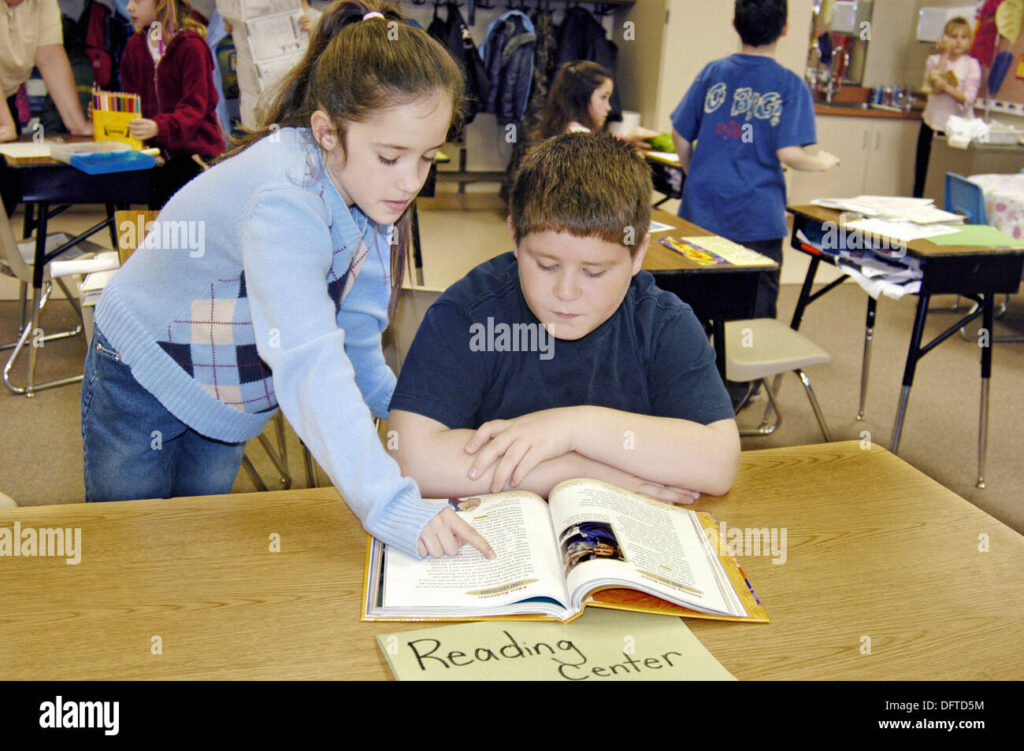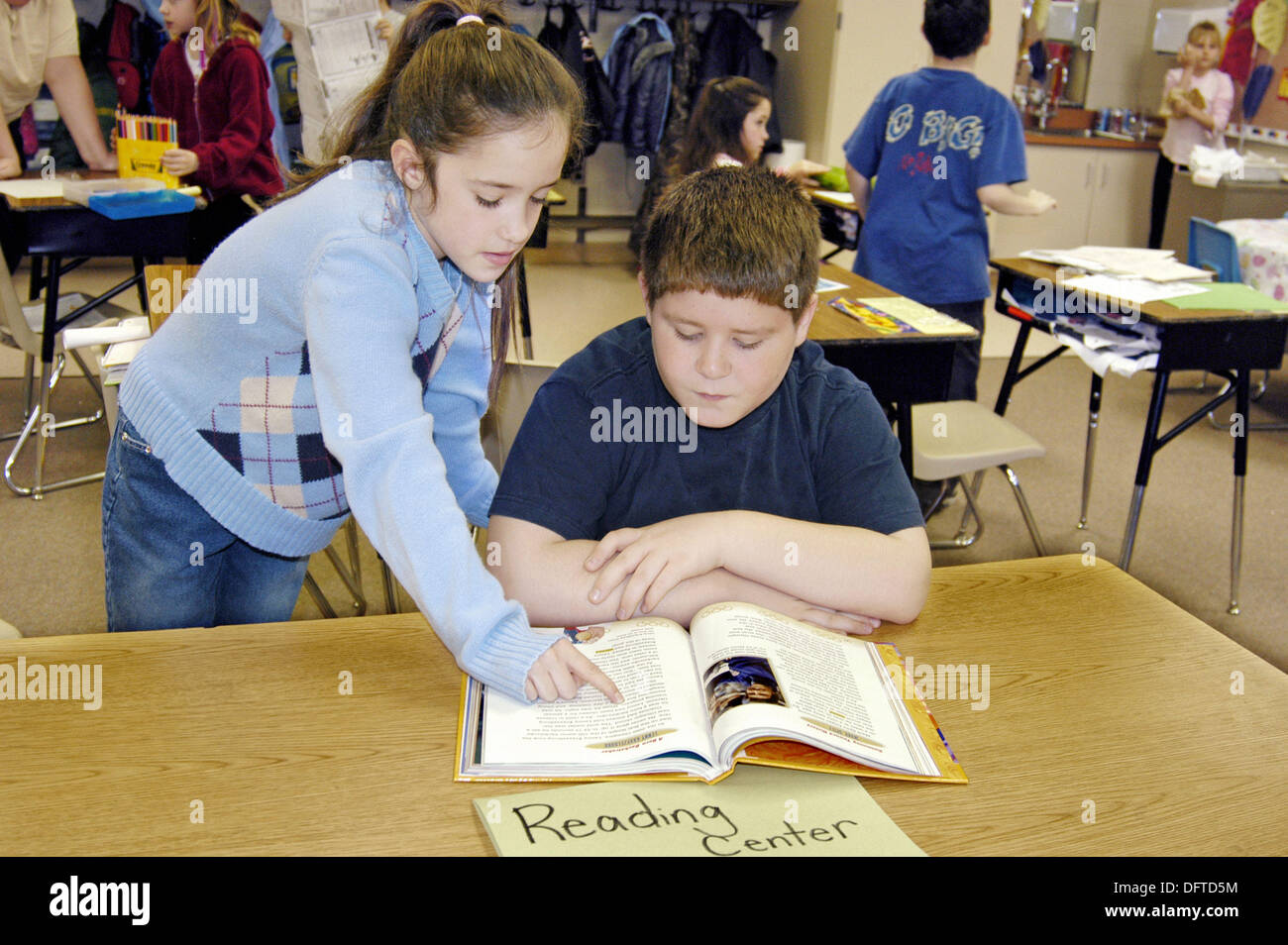
Decoding the Minds of 8-Year-Olds: What Do 3rd Graders Like?
Understanding what occupies the minds and hearts of third graders can feel like cracking a complex code. At around eight years old, these children are navigating a fascinating transition, moving further away from early childhood and beginning to embrace the complexities of the pre-teen world. This article delves into the multifaceted interests, preferences, and developmental milestones that define what do 3rd graders like, providing insights for parents, educators, and anyone seeking to connect with this unique age group. By understanding what do 3rd graders like, we can better tailor our interactions and create environments that foster their growth and development.
Academic Interests and Learning Styles
Third grade marks a significant leap in academic expectations. Children are expected to become more independent learners, tackling more complex reading, writing, and math problems. This is a pivotal year for solidifying foundational skills. So, what do 3rd graders like when it comes to learning?
- Hands-on Activities: Abstract concepts become more accessible when presented through tangible experiences. Science experiments, building projects, and art-based learning are highly engaging.
- Collaborative Projects: Working with peers on group assignments fosters teamwork, communication skills, and a sense of shared accomplishment.
- Technology Integration: Interactive educational games and software can make learning fun and reinforce concepts in an engaging way.
- Real-World Connections: Linking classroom lessons to real-life scenarios helps children understand the relevance of what they are learning.
Many 3rd graders like subjects that allow for creativity and exploration. They also appreciate clear instructions and opportunities for success. A student who struggles with reading might find solace in a hands-on science project, while a mathematically inclined child might enjoy solving complex word problems.
Social Dynamics and Peer Relationships
Social interactions become increasingly important during the third-grade year. Children are beginning to define their social identities and navigate the complexities of peer relationships. Understanding what do 3rd graders like in terms of social dynamics is crucial for fostering a positive and supportive environment.
Friendship and Belonging
Friendships deepen and become more selective. Children seek out friends who share their interests and values. Belonging to a group or having a close friend is essential for their emotional well-being. Conflict resolution skills are also developing as they navigate disagreements and learn to compromise.
Popularity and Social Status
While not always overt, awareness of popularity and social status begins to emerge. Children may be influenced by trends and peer pressure, striving to fit in and gain acceptance from their peers. It’s important to encourage individuality and self-acceptance during this stage. What do 3rd graders like to do with their friends? Common activities include playing games, sharing secrets, and engaging in imaginative play.
Dealing with Bullying
Unfortunately, bullying can be a reality for some third graders. It’s important to educate children about bullying prevention and provide them with strategies for dealing with bullies. Open communication between parents, teachers, and children is essential for addressing bullying effectively. [See also: Anti-Bullying Strategies for Elementary Students]
Entertainment and Leisure Activities
Outside of school, third graders enjoy a wide range of entertainment and leisure activities. Knowing what do 3rd graders like in their free time can provide insights into their personalities and interests.
- Gaming: Video games, both console and mobile, are a popular pastime. Games that involve strategy, adventure, and social interaction are particularly appealing.
- Reading: Chapter books with engaging storylines and relatable characters capture their imaginations. Fantasy, adventure, and humor are popular genres.
- Outdoor Play: Riding bikes, playing sports, and exploring nature are essential for physical and mental well-being. Organized sports and recreational activities provide opportunities for teamwork and skill development.
- Creative Pursuits: Drawing, painting, crafting, and playing musical instruments allow children to express their creativity and develop their artistic talents.
- Watching TV and Movies: Age-appropriate movies and television shows provide entertainment and can spark conversations about important themes and values.
The types of entertainment 3rd graders like can vary greatly depending on individual preferences and cultural influences. It’s important to encourage a balance between screen time and other activities to promote healthy development.
Developmental Milestones and Cognitive Abilities
Third grade is a time of significant cognitive and emotional development. Understanding these milestones can help parents and educators support children’s growth and learning. What do 3rd graders like as their minds expand?
Cognitive Development
Children are developing more sophisticated thinking skills, including problem-solving, critical thinking, and abstract reasoning. They are able to understand more complex concepts and engage in more in-depth discussions. Their attention spans are also increasing, allowing them to focus on tasks for longer periods of time.
Emotional Development
Children are becoming more aware of their own emotions and the emotions of others. They are learning to regulate their emotions and develop empathy. Self-esteem and confidence are also important factors in their emotional well-being. Positive reinforcement and encouragement can help build their self-esteem and resilience. What do 3rd graders like to hear? Words of affirmation and praise for their efforts.
Moral Development
Children are developing a stronger sense of right and wrong. They are beginning to understand the importance of fairness, justice, and responsibility. They are also learning to make ethical decisions and consider the consequences of their actions. Modeling positive behavior and providing opportunities for ethical discussions can help foster their moral development.
Popular Trends and Fads
Third graders are often influenced by popular trends and fads. These trends can range from specific toys and games to clothing styles and hairstyles. Understanding these trends can provide insights into their social world and their desire to fit in. What do 3rd graders like that is trending right now?
- Collectibles: Trading cards, figurines, and other collectibles are often popular. The act of collecting and trading fosters social interaction and teaches children about value and scarcity.
- Slime and Sensory Toys: Slime, putty, and other sensory toys provide tactile stimulation and can be a source of relaxation and stress relief.
- Popular Characters and Franchises: Movies, television shows, and books often spawn popular characters and franchises that capture the imaginations of third graders.
- Fashion Trends: Certain clothing styles, accessories, and hairstyles may become popular among third graders.
While it’s important to be aware of popular trends, it’s also important to encourage children to develop their own unique style and interests. The 3rd graders like things that make them feel connected to their peers but also express their individuality.
Tips for Connecting with Third Graders
Building meaningful connections with third graders requires understanding their developmental needs, interests, and social dynamics. Here are some tips for fostering positive relationships:
- Listen Actively: Pay attention to what they have to say and show genuine interest in their thoughts and feelings.
- Be Patient and Understanding: Third graders are still developing their emotional regulation skills and may need support in managing their emotions.
- Provide Positive Reinforcement: Acknowledge their efforts and celebrate their successes.
- Encourage Creativity and Exploration: Provide opportunities for them to express their creativity and explore their interests.
- Set Clear Expectations: Establish clear rules and expectations for behavior and academic performance.
- Be a Role Model: Model positive behavior and demonstrate respect for others.
Understanding what do 3rd graders like is essential for creating a supportive and engaging environment that fosters their growth and development. By recognizing their unique needs, interests, and social dynamics, we can help them thrive academically, socially, and emotionally. Ultimately, what do 3rd graders like is to be understood, supported, and celebrated for who they are.
The Impact of Technology on What 3rd Graders Like
Technology plays an increasingly prominent role in the lives of third graders. From educational apps to entertainment platforms, technology shapes their interests and experiences. Understanding its influence is crucial.
Digital Literacy
Third graders are becoming increasingly digitally literate, navigating tablets, computers, and smartphones with ease. However, it’s important to teach them responsible technology use, including online safety, digital citizenship, and critical evaluation of online information. What do 3rd graders like about technology? The interactivity, the immediate gratification, and the access to a vast world of information and entertainment.
Educational Apps and Games
Numerous educational apps and games are designed to enhance learning in various subjects. These tools can make learning more engaging and interactive, reinforcing concepts in a fun and effective way. Parents and educators can leverage these resources to supplement classroom learning.
Social Media and Online Interactions
While most social media platforms have age restrictions, some third graders may have limited exposure to online interactions. It’s important to monitor their online activity and educate them about online safety, cyberbullying prevention, and responsible online behavior. [See also: Internet Safety Tips for Kids]
Balancing Screen Time
Excessive screen time can have negative effects on children’s physical and mental health. It’s important to establish healthy screen time limits and encourage a balance between technology use and other activities, such as outdoor play, reading, and creative pursuits. Knowing what do 3rd graders like outside of technology is key to promoting well-rounded development.
Conclusion
In conclusion, understanding what do 3rd graders like is a complex but rewarding endeavor. By considering their academic interests, social dynamics, entertainment preferences, developmental milestones, and the influence of technology, we can create environments that nurture their growth and well-being. The key is to listen actively, provide positive reinforcement, encourage creativity, and set clear expectations. Ultimately, by understanding and appreciating what do 3rd graders like, we can help them thrive and reach their full potential.

